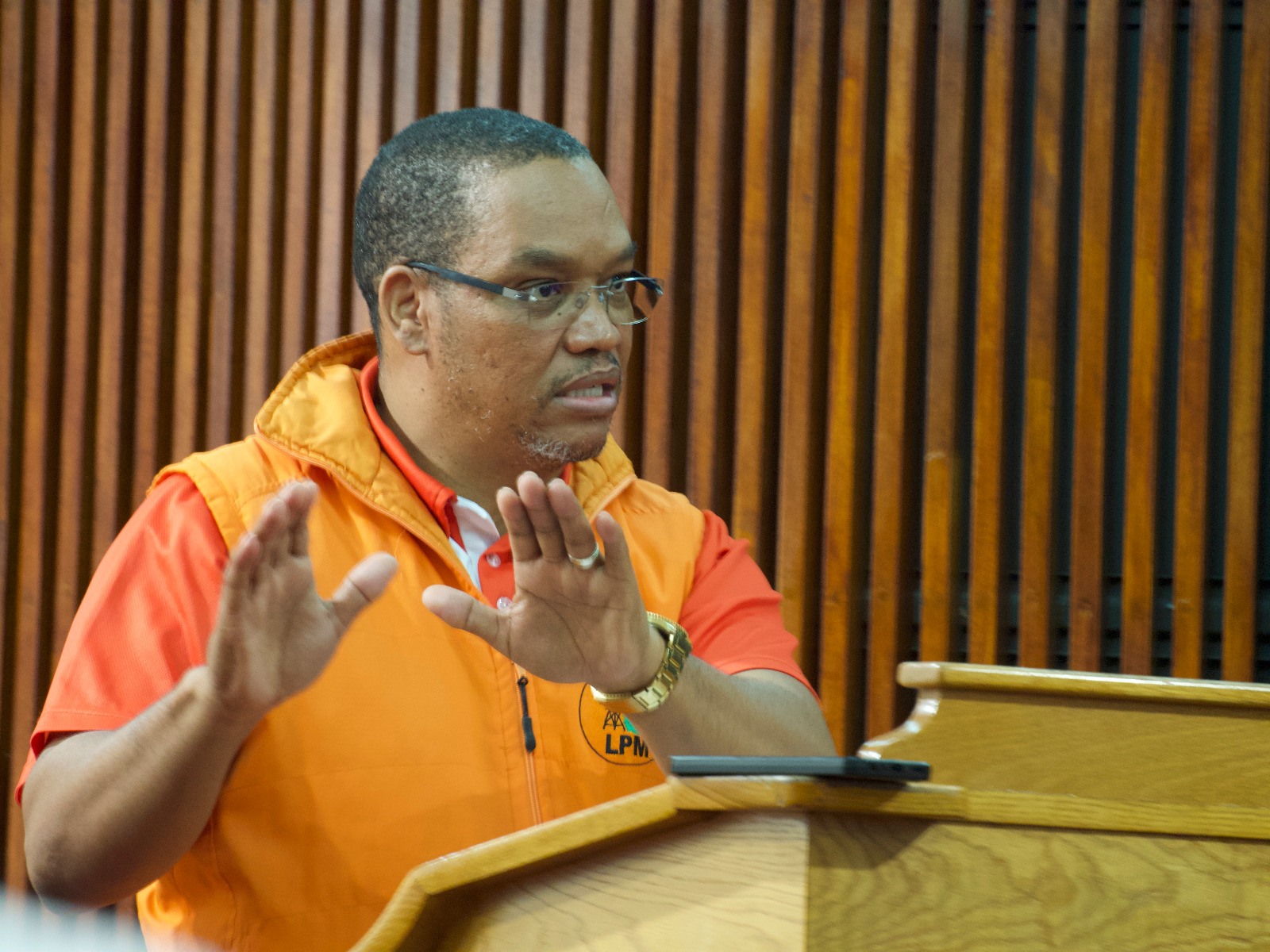Accountability and transparency are among the core elements of good governance.
In the absence of these elements, there would not be good governance, and democracy would be compromised.
Even though they may be underrated, archives are among the institutions which play a vital role in ensuring accountability and transparency.
As repositories of information, they preserve records of the decisions, transactions and policies of governments, organisations and individuals, serving as evidence of the past.
By safeguarding records and information on the decisions, actions and transactions of public officials, archives provide an invaluable record of a government’s actions, ensuring that they can be held accountable for their deeds.
Equally important, records housed in archives provide information that can be utilised in tracking the performance of individual public institutions and officials and identify gaps as well as areas for improvement.
This accountability is vital in a democratic state in which the government is expected to serve the people and make decisions in the best interest of its citizens.
TRANSPARENCY
Archives also play a vital role in promoting transparency.
They provide access to information that allows citizens to comprehend the deeds of their government, as well as the actions of institutions and individuals.
Access to this information is crucial for ensuring that decisions are made in an open manner and that citizens can hold those in power accountable.
In addition, archives make available accurate records of the activities of government agencies and other organisations.
They allow citizens to access information about how decisions were made, who was involved and what outcomes were achieved.
This is essential for promoting trust and accountability in government and other institutions.
Archives provide access to records with information which act as the baseline upon which future decisions can be based.
They can be used to guide and aid the process of decision making.
The government would not be able to make effective decisions if there was no record of past decisions.
SAFEGUARDS
Sound decisions are best achieved based on the records of previous actions.
Without records, transparency can be compromised.
Without transparency, accountability is compromised, and without accountability, democracy is not guaranteed.
We must ensure that our archives are properly maintained and that access to information is safeguarded, so that we can continue to build a more accountable, transparent and democratic society for all.
- Asser Nakale is an assistant archivist in the ministry of education, Oshikoto region. This article is written in his personal capacity; Twitter/X: @AsserNakale; email:laudikanakale@gmail.com
Stay informed with The Namibian – your source for credible journalism. Get in-depth reporting and opinions for
only N$85 a month. Invest in journalism, invest in democracy –
Subscribe Now!










